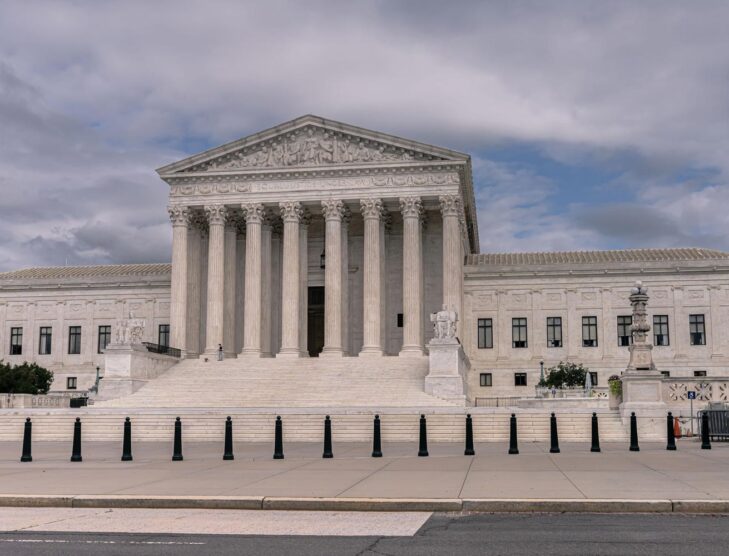
U.S. Supreme Court remands ‘685 patent case to Federal Circuit
The U.S. Supreme Court this week vacated the order by the Court of Appeals for the Federal Circuit which upheld the Patent Trial and Appeal Board (PTAB) ruling to invalidate a patent granted to Infineum USA for an ILSAC GF-3 engine oil formulation in January.
ILSAC GF-3, which was first introduced in 2001, became an obsolete specification in April 2004. The current ILSAC category for passenger car engine oils is ILSAC GF-6, which was first licensed by the American Petroleum Institute (API) in May 2019.
The case arose when Infineum U.S.A. L.P., headquartered in New Jersey, sued California-based Chevron Oronite in the U.S. District Court for the District of Delaware, arguing the company was manufacturing lubricating oil in violation of its patent (U.S. Patent No. 6,723,685).
The ’685 patent, titled “Lubricating Oil Composition,” was filed on April 5, 2002. It refers to lubricating oil compositions that “exhibit simultaneously improved low temperature valve train wear performance, excellent compatibility with fluoroelastomer materials commonly used for seals in modern internal combustion engines, and improved fuel economy properties.”
Infineum and Chevron Oronite are both market-leading global additive manufacturers. Infineum is the additives joint venture between ExxonMobil and Shell, while Chevron Oronite is a subsidiary of U.S. major energy company Chevron Corporation.
Chevron Oronite argued that the lubricant formulation, which meets the requirements of ILSAC GF-3, had already been disclosed by earlier publications.
In a summary disposition, the highest court in the United States on December 13, 2021, granted Infineum’s petition for a writ of certiorari and remanded the case to the U.S. Court of Appeals for the Federal Circuit in light of the Supreme Court’s decision on United States v. Arthrex Inc., which was decided in June 2021. The Arthrex decision lets the U.S. Patent and Trademark Office director review the board’s decisions to remedy a constitutional flaw over the appointment of PTAB administrative patent judges (APJs).
In the decision authored by U.S. Chief Justice John Roberts, the court ruled that the statutory scheme appointing PTAB administrative patent judges to adjudicate intellectual property rights (IPRs) violates the appointments clause of the U.S. Constitution.
The court stated that because APJ decisions in IPR proceedings are not reviewable by a presidentially appointed and Senate-confirmed officer, such determinations are not compatible with the powers of inferior officers. As a possible remedy to this constitutional flaw, the court declared that all IPR final decisions made by APJs must be subject to review by the Patent and Trademark Office (PTO) director, who is nominated by the U.S. President and confirmed by the U.S. Senate.
Subsequently, the PTO set up an interim procedure for parties to challenge a PTAB ruling, providing the ability to seek either director review or rehearing before the three-judge PTAB panel that originally heard the case.
The parties may still choose to appeal directly to the Federal Circuit instead.









